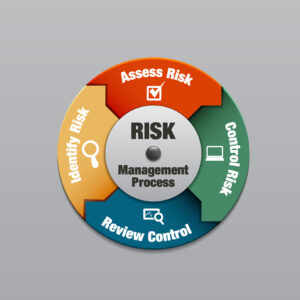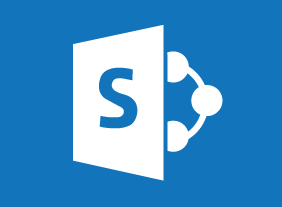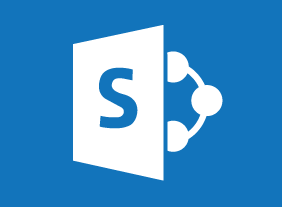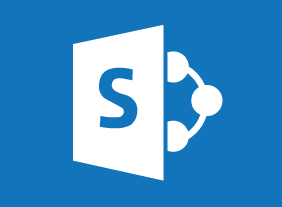-
Branding: Creating and Managing Your Corporate Brand
$99.00This course will get you started on the road to creating a perfect brand. You'll learn how to develop a visual identity from start to finish, the basics of graphic design, and how to keep your brand energized and alive. -
Selling Smarter
$99.00In this course, you will learn why consultative and customer-focused selling are so important. You'll also learn about the sales cycle, setting goals, ways to increase your average sale, and where to find new clients. -
Mobbing in the Workplace
$99.00After this course, you will be able to identify mobbing and how it differs from individual bullying, know why and how it occurs, know how it impacts the person targeted and the organization, know what actions to take if you are being mobbed, know how to avoid targeting someone, and know what action to take as an organization to stop mobbing before it starts -
Influence and Persuasion
$99.00In this course, you will learn how to speak persuasively, communicate with confidence, build rapport, develop a strong presentation, and leverage storytelling. You'll also receive an introduction to basic neuro linguistic programming techniques. -
Microsoft 365 Visio: Part 2: Sharing Drawings
$99.00In this course users will learn how to: Save and share drawings using OneDrive, review drawings, insert drawings into other documents, export drawings, and print drawings. -
Microsoft Skype for Business 2016: Getting Started
$99.00In this course you will learn how to get started with Skype for Business 2016, communicate with contacts, and update your status information. -
Facilitation Skills
$99.00In this course, you will learn how to distinguish facilitation from instruction and training, to indentify the competencies linked to effective small group facilitation, how to understand the difference between content and process, how to identify the stages of team development and ways to help teams through each stage and, how to use common process tools to make meetings easier and more productive -
Developing Your Executive Presence
$99.00This course is going to provide you with the boost you might need to get the most out of your inter-personal skills as you develop yourself into an executive with presence that will be the marvel of your coworkers and others you meet. It will help you consider the first impressions you make on others, your interpersonal skills, your speaking and listening skills, plus sharpens your leadership skills. -
Goal Setting
$99.00After you complete this course, you will be able to: Identify what is important to you in your life, Use goal setting activities and appropriate language to articulate what you want in your life, Explain what your dreams and goals are for both the short and long term, Use motivating techniques to help you reach your goals, Understand how to deal with setbacks. -
Getting Your Job Search Started
$99.00In this course, you will learn how to manage change, identify your values and skills, consider your vocation, find jobs, network, and set goals. Then, you should be ready to start the search for your dream job. -
Managing Across Cultures
$99.00During this course you will learn about cultures and how to integrate them into the workforce through effective communication and team building. In addition, you are going to be shown ways managing over a cross-cultural spectrum and building a multicultural organization by dipping into the global talent pool. -
Process Improvement with Gap Analysis
$99.00You will learn how to embrace Process Improvement with Gap Analysis during this course which provides you with the knowledge of what gap analysis is, examples, templates, and the guidance to implement an analysis in your situation. -
Psychological Health and Safety
$99.00At the end of this workshop, you should be able to: understand basic concepts of personal mental health, know what psychological workplace safety is and why it is important, identify the factors influencing personal mental health and safety in your workplace, consider assessment and action strategies for personal and workplace needs, engage key participants in workplace programs, and explore methods of evaluation and continuous improvement. -
Microsoft 365 Excel: Part 3: Worksheet Automation
$99.00Manage workbook properties Record, create and edit a macro Create and use a template Use data validation in a workbook -
Business Writing That Works
$99.00This course will teach you how to write and proofread your work so it is clear, concise, complete, and correct, how to apply these skills in real world situations, how to use language that is courteous, how to use the proper format for memos, letters, and emails, and how to determine whether your writing can be easily understood by your intended audience.




































